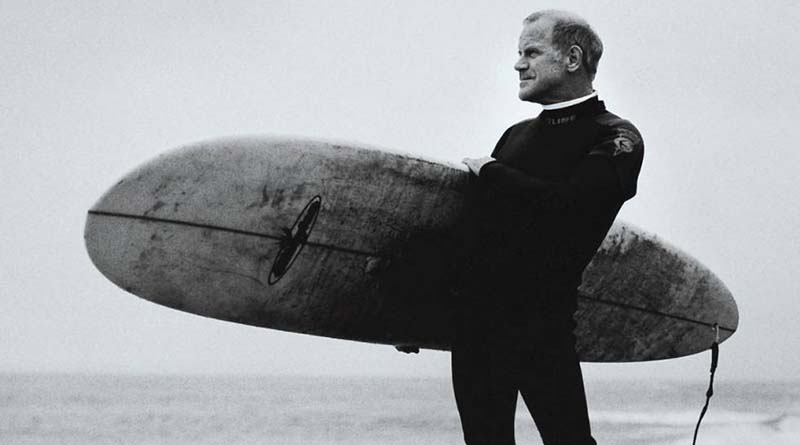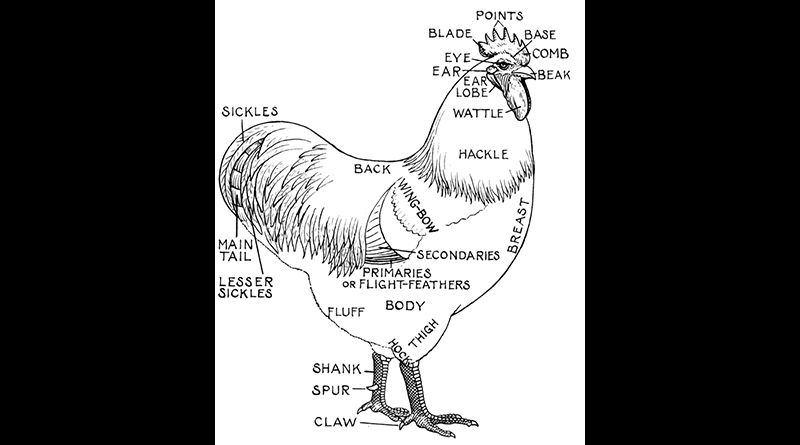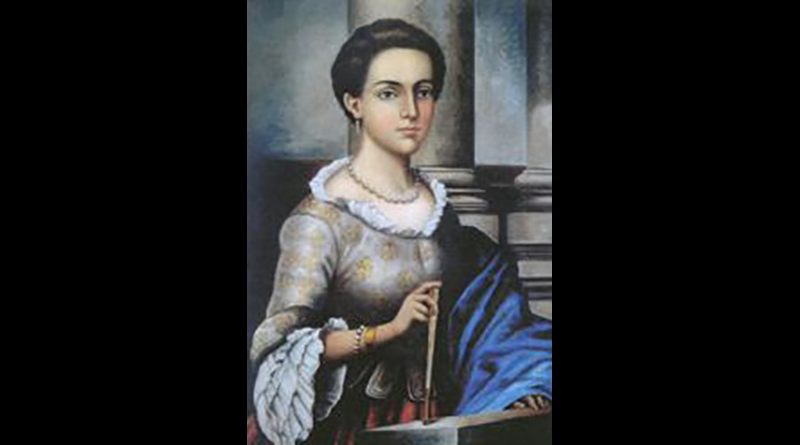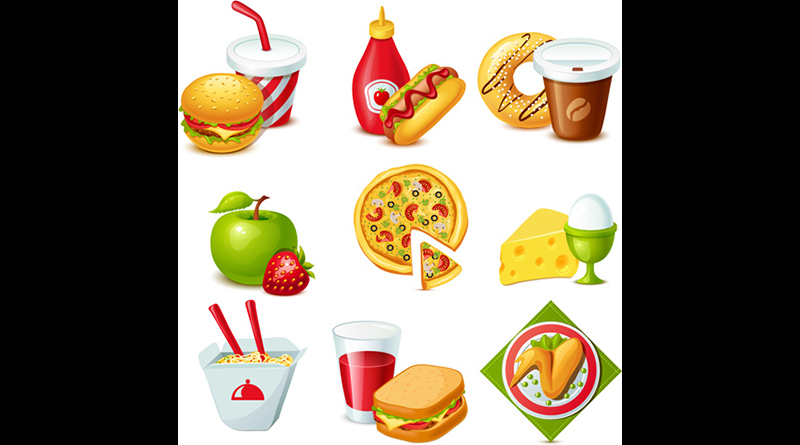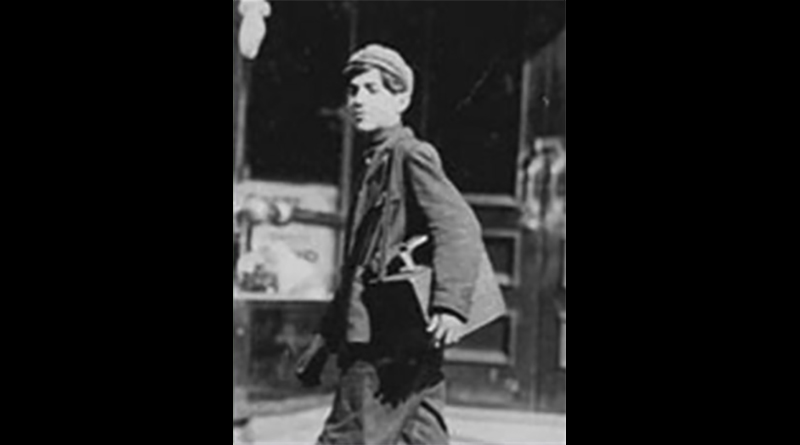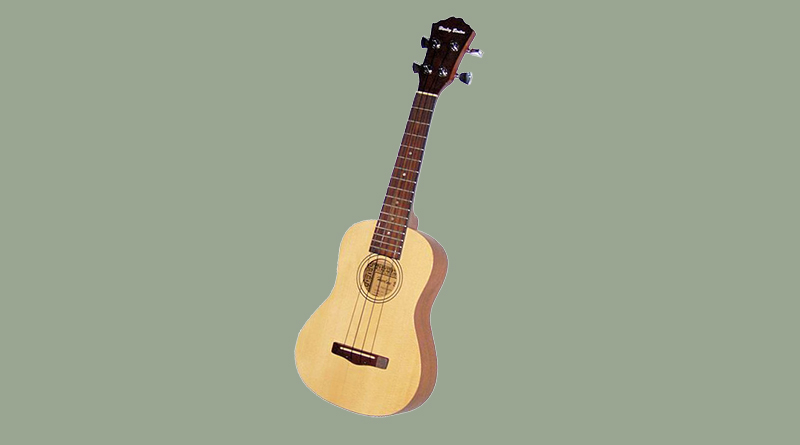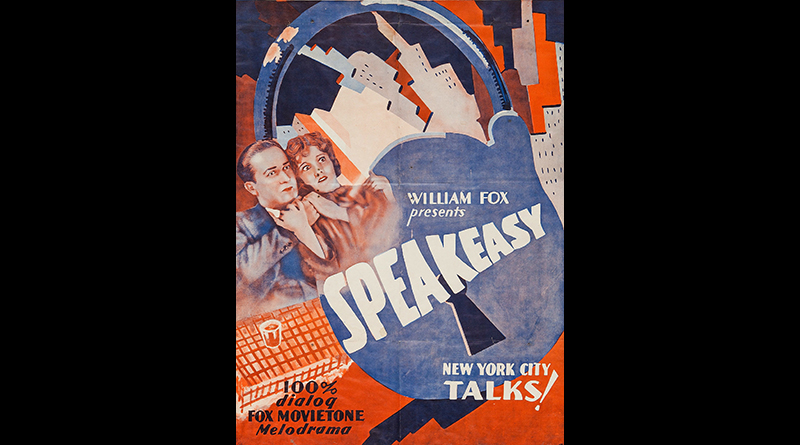I was confident I was going to receive the Nobel Prize in 1992 …. I was very excited. And I was actively humble.
As it turned out, I had good reason to be humble. I didn’t win. I stopped speculating about when I might get it and I tried not to pay attention. About six months before the 1993 awards were to be announced, my mentor from Berkeley, Joe Neilands, from whom I had learned a little bit about chemistry and a whole lot about life, told me, “I wouldn’t be surprised if you got the Nobel Prize this year. But you’d make it easier for the committee to give it to you if you didn’t talk to the press so much. They don’t have to give it to you till you’re dying.”
Neilands said that it was probably okay that I admitted loving surfing and women, but he thought the committee might frown on the fact that I admitted using LSD. Surfing, women, and LSD might be too much, he told me. They might decide to wait until I settled down in twenty or thirty years. Joe had spent a sabbatical or two at the Karolinska in Sweden and he knew the scene. We both knew I wouldn’t shut up.
After being disappointed in 1992, I stopped thinking about the Nobel Prize. The German guy never called back. I wasn’t even sure when the awards were to be announced. My phone rang at 6:15 a.m. on the morning of October 13, 1993. I thought I knew who it was. On both the eleventh and twelfth someone from Japan had sent me a fax at exactly that time. He thought it was my afternoon. So when the phone rang in my bedroom I stayed in bed, knowing the fax machine would eventually pick it up. Then I heard someone leaving a message on my answering machine. I heard the words “Nobel Foundation.” I leaped out of bed. I picked up the phone just as the speaker hung up. Great, I thought. I’ve missed the Nobel Prize call. Will they call back? Almost instantly the phone rang again. He had heard me just as he’d hung up. “Congratulations, Dr. Mullis. I am pleased to be able to announce to you that you have been awarded the Nobel Prize.”
“I’ll take it!” I said. I knew that they couldn’t make you take it and I didn’t want there to be any doubts. We talked for a minute, and I was warned to be prepared for an assault by the media, but since this was the first time I’d ever won a Nobel Prize, there was no way I could have anticipated the response. I figured maybe I’d get ten calls or something. I didn’t realize how big the known world is. As soon as I hung up, I tried to call my mother in South Carolina. Coincidentally, this was her birthday and I reckoned this was a fine birthday present. But when I picked up the phone, a reporter from the AP was on the line. The phone hadn’t even rung. I spoke to him for a second, then hung up, and tried again. I picked up the phone, and someone from UPI was on the line. Then somebody from a local station called. They wanted to bring a camera crew over. Then Steve Judd showed up as he usually did around seven, and I told him that I had just won the Nobel Prize. He said, “I know. I heard it on the radio. Let’s go for a surf.”
The local station that wanted to bring over a camera crew was still on the line. I told them that I would be available in an hour. I needed to wake up and I would be out surfing. Of course, they asked me where we were going. I looked up at Steve and we nodded agreement. I said we would be up at Thirteenth Street in Del Mar. We headed in the other direction to Tourmaline. I needed time.
Several friends joined us. When we came out of the water, a camera crew from another station was waiting. They had gone directly to my apartment and found out from a neighbor where I usually surfed. They didn’t know me, and they were asking everyone who came out of the water if he was Kary Mullis. Andy Dizon admitted to being me. They asked him how it felt to win the Nobel Prize. He proclaimed that it was like a dream come true. They asked him what he would be doing the rest of the day, and he turned to me and said, “Wow! I just remembered, this is Kary Mullis.” They didn’t show that on the nightly news.
By the time I got back home, my house was completely surrounded by print and broadcast reporters and camera crews. As it turned out, none of the other Nobel laureates that year were serious about surfing, and “Surfer Wins Nobel Prize” made headlines.
Friends began arriving with Champagne, and the party began. That afternoon I finally reached my mother. I wanted to tell her to stop sending me articles about DNA, since I had now won the Nobel Prize for my expertise on that subject. My mother often mailed me articles from Readers Digest about advances in DNA chemistry. No matter how I tried to explain it to her, she never grasped the concept that I could have been writing those articles, that something I had invented made most of those DNA discoveries possible. She probably hoped that winning the Nobel Prize might enable me to be published someday in Reader’s Digest.
The party continued for two days. Eventually it moved north to my place in Mendocino. Roederer Vineyards was just down the road, and no one failed to notice. I woke up late one afternoon from a dream that I was dead in a coffin. Winning the Nobel Prize can be hazardous to your health.
I invited my mother, my two sons, and a nice woman named Einhoff, whom I’d been dating for only a few weeks, to accompany me to Stockholm for the ceremony. I also took Cynthia, the mother of my two boys.
That year two Nobel Prizes in chemistry were awarded. Michael Smith, a Canadian who had demonstrated that you could change the sequence of a gene using oligonucleotides, was also honored with a Nobel Prize. He too invited his former wife, their children, and his girl friend to the ceremony. This kind of coincidence cannot be assigned a statistical probability because it happens only once.
I was informed that the proper dress for the awards ceremony was white tie. I went to an Italian tailor in La Jolla and he made me a beautiful set of white tails. About a week before I was to leave for Sweden, I saw some photographs that had been taken at the 1992 ceremony. The laureates all were in black. White tie in spring or summer means the suit is all white; white tie in the winter means a white tie with a black suit. I was out of season.
The tailor made me the proper suit and shipped it to Sweden. I had a suspicion that the white tails would not go to waste. When I hung them in my closet in a mothproof bag, I thought, “Someday I will get married in this outfit.” I wore them four years later when I married Nancy Cosgrove.
December was a miserable time of year to be in Sweden. It was cold and dark all the time. I had already come down with the flu. But it was fun. The Swedish people take the awards very seriously, and I think they enjoyed me because I did and I didn’t. Rather than being somber and stodgy, I believed it was a time to celebrate. I had been awarded the most extraordinary prize bestowed on scientists, and I was going to have a good time picking it up.
…
Following the official presentation of the medal, the king and queen hosted a banquet for about thirteen hundred people. We were served by waiters dressed in medieval costume.
And at that banquet each new laureate has an audience with the king and queen. Mostly, the royal couple and the new laureates engage in several moments of small talk. I did not think the king would be interested in oligonucleotides.
I took the opportunity to discuss a matter of importance. I knew that the king and queen were very popular with the Swedish people but that there were some problems with their daughter, the sixteen-year-old princess. Apparently the tabloids had written some negative things about her. “I wouldn’t worry about it,” I said. “She’s a sixteen-year-old princess. If she’s tolerable at all, she’s fine. I’m sure she’ll grow out of it.” “In fact,” I continued, “I’m so confident about that, that I’m willing to offer my son in marriage. He’s just about the right age for her. And I would be happy to have him marry your daughter in exchange for a third of your kingdom.”
My mother was thrilled to be in Sweden. I believe she had always expected that at least one of her sons would win a Nobel Prize, but she was most impressed with the fact that I was able to introduce her to CNN correspondent Lou Dobbs. She had had a crush on him for years, and for my mother, the most exciting part of the trip was getting to sit next to Lou Dobbs.
I gave my final lecture in the city of Malmo and boarded a hovercraft that was going to skim across the water to Copenhagen. By that time my picture had been in every paper every day for a week. As I sat down, a man wearing a big hat with a feather in it came over to me. “Dr. Mullis,” he said, “the people of Sweden love you.” And then in a great gesture, he took off his hat and bowed to me. The people on the boat applauded. It was a perfect ending. — Kary Mullis, in his book Dancing Naked in the Mind Field

